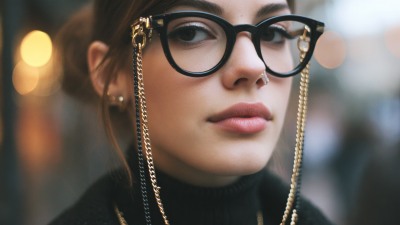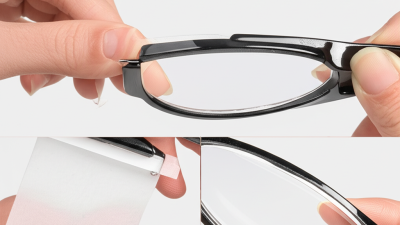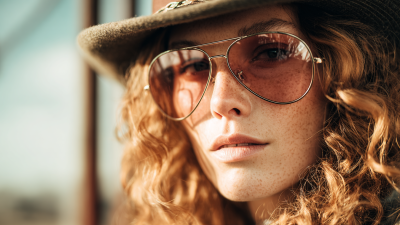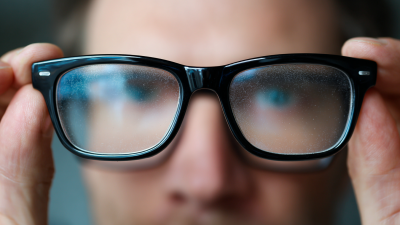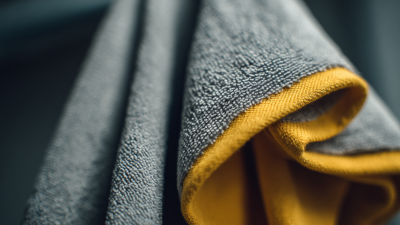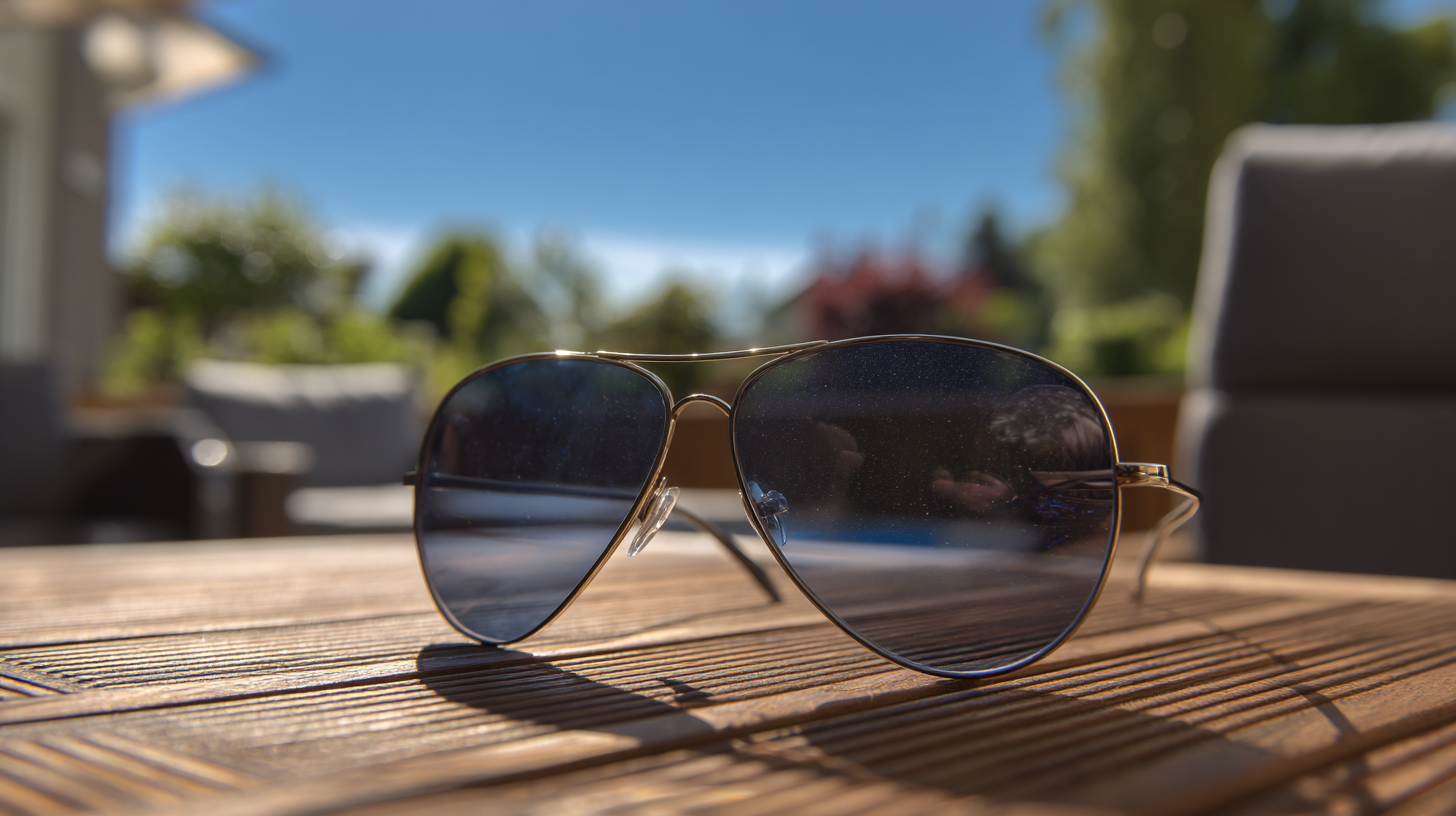 The importance of protecting our eyes from harmful UV rays cannot be overstated, especially as outdoor activities become increasingly popular. Studies indicate that over 20% of cataract cases and 50% of macular degeneration cases can be linked to prolonged UV exposure (American Academy of Ophthalmology). This highlights the necessity for effective protective measures, such as Sunshade Glasses, which are specifically designed to shield our eyes from UVA and UVB rays. According to the Vision Council, nearly 75% of adults report never wearing sunglasses outdoors, leaving them vulnerable to both immediate discomfort and long-term eye damage. Additionally, proper eyewear can enhance visual clarity and comfort during various outdoor activities, making Sunshade Glasses not just a protective tool but an essential accessory for any outdoor enthusiast. Embracing these specially designed glasses can significantly contribute to eye health and improve the overall outdoor experience.
The importance of protecting our eyes from harmful UV rays cannot be overstated, especially as outdoor activities become increasingly popular. Studies indicate that over 20% of cataract cases and 50% of macular degeneration cases can be linked to prolonged UV exposure (American Academy of Ophthalmology). This highlights the necessity for effective protective measures, such as Sunshade Glasses, which are specifically designed to shield our eyes from UVA and UVB rays. According to the Vision Council, nearly 75% of adults report never wearing sunglasses outdoors, leaving them vulnerable to both immediate discomfort and long-term eye damage. Additionally, proper eyewear can enhance visual clarity and comfort during various outdoor activities, making Sunshade Glasses not just a protective tool but an essential accessory for any outdoor enthusiast. Embracing these specially designed glasses can significantly contribute to eye health and improve the overall outdoor experience.
UV rays, particularly UVA and UVB, pose significant risks to eye health, especially during outdoor activities. According to the World Health Organization (WHO), exposure to UV radiation can lead to serious eye disorders such as cataracts, macular degeneration, and even skin cancers around the eyelids. It is estimated that about 20% of cataract cases are related to UV exposure, highlighting the importance of protective measures like sunshade glasses.
Wearing sunshade glasses that offer UV protection is essential to safeguard your eyes while enjoying outdoor pursuits. The American Academy of Ophthalmology recommends sunglasses that block 100% of UVA and UVB rays. Studies show that properly equipped sunglasses can reduce the risk of developing ocular problems by up to 50%. Additionally, polarized lenses can significantly reduce glare, enhancing visual comfort and clarity for activities such as boating, skiing, or hiking. By prioritizing UV protection, outdoor enthusiasts can enjoy their adventures while minimizing the risk to their eye health.
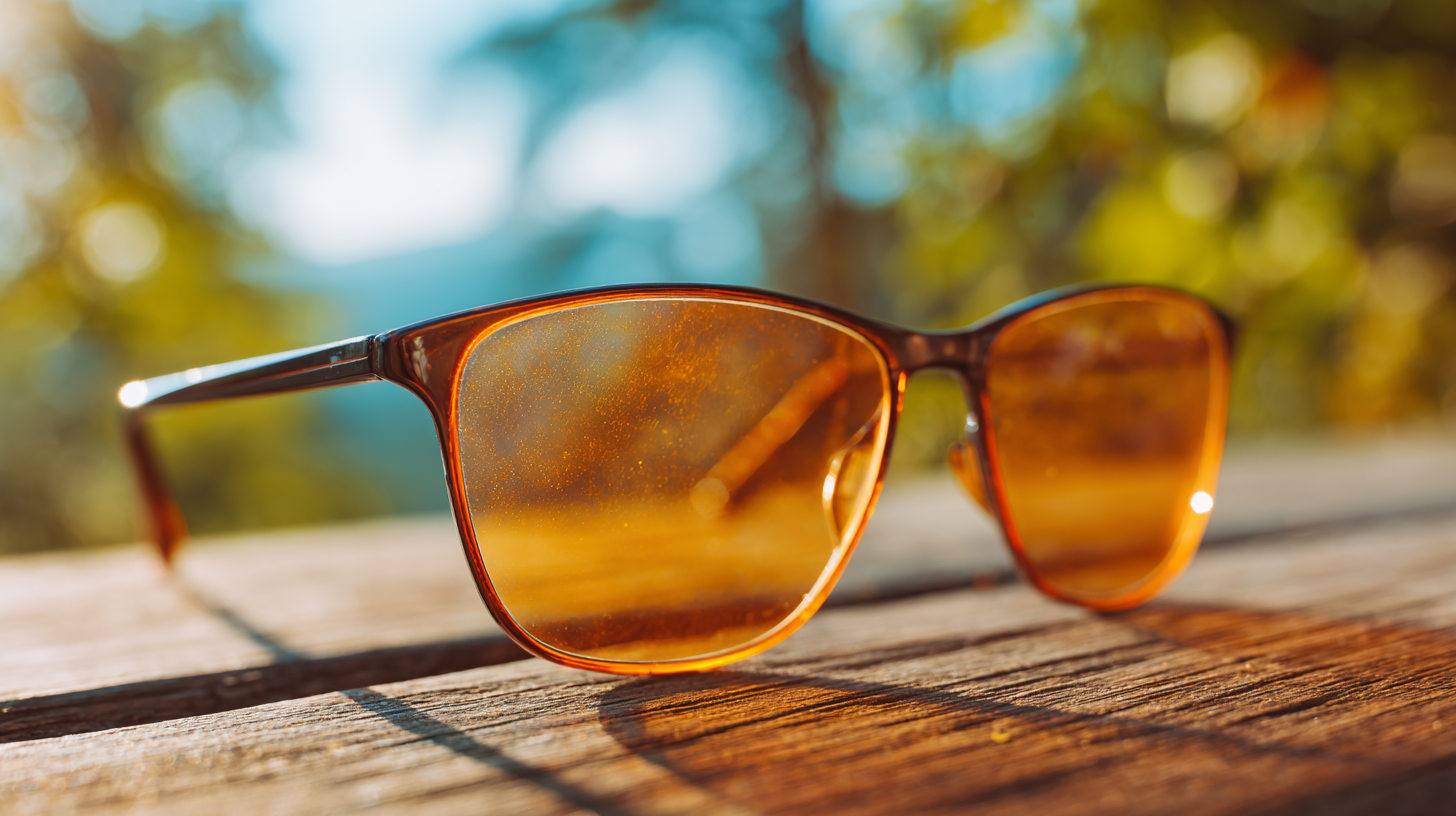
When selecting sunshade glasses, it is crucial to focus on key features that ensure maximum protection from harmful UV rays while enhancing your outdoor experience. According to a report by the Vision Council, over 70% of adults are unaware of the potential danger posed by UV rays to their eyes. To safeguard your vision, look for glasses that offer 100% UV protection, utilizing lenses that block UV-A and UV-B rays. Polarized lenses are also recommended, as they significantly reduce glare, making outdoor activities more enjoyable.
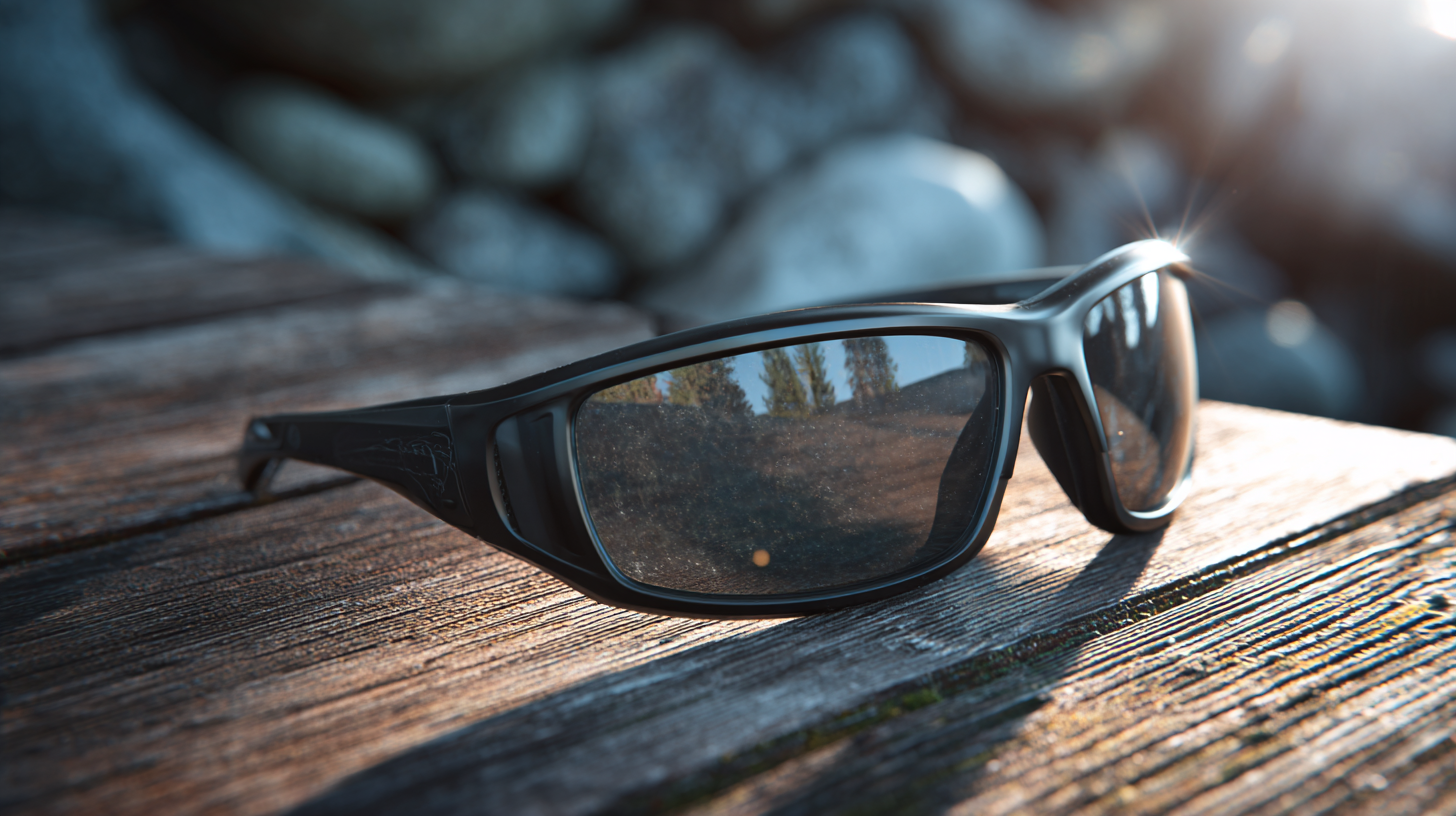
Tips for selecting the right sunshade glasses include considering the lens material. Polycarbonate lenses are not only lightweight but also impact-resistant, making them ideal for sports and outdoor adventures. Additionally, choosing glasses with a wrap-around style can provide extra protection from sunlight entering from the sides. A comfortable fit is essential, as improperly fitting glasses can lead to discomfort and decreased usage, ultimately compromising eye safety.
Another essential feature to consider is the optical quality of the lenses. High-quality sunglasses should meet standards set by organizations such as the American National Standards Institute (ANSI). Look for frames and lenses that comply with these standards to ensure you are not only protecting your eyes but also enjoying the clarity and comfort needed for outdoor activities.
Polarized lenses have gained immense popularity for their ability to reduce eye strain and enhance visual comfort, especially in outdoor settings. The science behind these lenses lies in their special filter that blocks horizontal light waves, effectively cutting glare from surfaces like water, roads, and snow. This function not only improves visibility but also minimizes the discomfort often associated with prolonged exposure to bright conditions, making them ideal for activities such as driving or engaging in sports.
Moreover, sunglasses equipped with UV-blocking technology go a step further by offering essential protection against harmful ultraviolet rays. This is crucial, as UV exposure can lead to long-term eye damage, including cataracts and macular degeneration. Even on overcast days, when UV rays can still penetrate through clouds, polarized sunglasses help ensure that your eyes remain shielded. Together, the benefits of polarized and UV-blocking features create a specialized eyewear solution that significantly enhances outdoor experiences while prioritizing eye health.
This chart demonstrates the UV protection levels offered by various types of sunglasses, helping to understand the importance of choosing the right eyewear for outdoor activities. Polarized lenses significantly reduce glare and enhance visual comfort, making them an excellent choice for protecting your eyes from harmful UV rays.
Exposure to ultraviolet (UV) rays significantly increases the risk of various eye injuries, including cataracts, macular degeneration, and photokeratitis. According to the American Academy of Ophthalmology, nearly 20% of cataract cases can be linked to UV radiation, underscoring the need for effective eye protection. Additionally, a report from the World Health Organization indicates that about 1.5 million people globally experience vision loss connected to UV exposure, highlighting the severity of this issue.
Sunshade glasses are an essential tool in mitigating these risks. Designed with UV-blocking features, quality sunglasses can block up to 99% of harmful UVA and UVB rays, as confirmed by the Skin Cancer Foundation. By wearing polarized sunshade glasses outdoors, users not only reduce glare but also significantly lower the chances of acute UV-related injuries. Furthermore, a survey conducted by the Vision Council found that individuals who use protective eyewear while engaging in outdoor activities are 66% less likely to report eye discomfort. This statistic demonstrates the importance of integrating sunshade glasses into one's outdoor routine to enhance both safety and comfort.
Proper care and maintenance of sunshade glasses are essential to maximize their life and effectiveness in protecting your eyes from harmful UV rays. Start by cleaning the lenses regularly with a microfiber cloth to prevent scratches and maintain clear vision. Avoid using paper towels or clothing, as these materials can cause damage. When not in use, store your sunglasses in a protective case to shield them from dust and potential breakage. It's also a good idea to keep them out of extreme temperatures, as heat can warp frames while cold can make materials brittle.
Another vital aspect of maintaining sunshade glasses is to periodically check for any signs of wear, particularly at the hinges and nose pads. Replacing worn-out parts can improve comfort and functionality. Additionally, investing in a quality lens cleaner can help keep the UV-blocking properties intact. By following these maintenance tips, you can ensure that your sunshade glasses continue to provide optimal protection and enhance your outdoor experiences for years to come.
| Aspect | Details |
|---|---|
| UV Protection | Blocks 99-100% of UVA and UVB rays |
| Lens Material | Polycarbonate or Trivex for durability |
| Lens Coating | Anti-reflective and scratch-resistant coatings |
| Fit | Wrap-around styles for better coverage |
| Care Tips | Use microfiber cloth for cleaning |
| Storage | Store in a hard case when not in use |
| Replacement Frequency | Every 1-3 years based on wear and tear |
